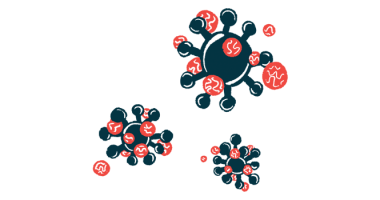Experimental Treatments for Cold Agglutinin Disease
APL-2
APL-2 is a synthetic peptide (a small protein) that binds and blocks the C3 and C3b proteins of the complement system. The complement system consists of three parts: the classical, alternative, and lectin pathways. C3 and C3b are involved in all three pathways, so blocking them inhibits the entire complement pathway. A Phase 3 trial is planned to launch soon.
Eculizumab
Eculizumab is a first-in-class monoclonal antibody being investigated for the treatment of hemolytic anemia in CAD patients. It binds to the complement protein C5 and prevents its activation, preventing inflammation and cell lysis (disintegration). Results of a Phase 2 trial showed that eculizumab was well tolerated and lessened hemolysis and transfusion requirements in patients with CAD.
Erythropoietin
Erythropoietin (EPO) is a hormone produced by the kidneys that helps in the production of red blood cells. The administration of EPO could help the body produce more red blood cells to compensate for their loss in severe forms of CAD. Excessive use of EPO, however, can lead to conditions associated with a rapid rise in hemoglobin concentrations, including cardiovascular events and blood clots.
Rituximab
Rituximab is used as a first-line treatment for CAD and is effective as a monotherapy in about half of all cases. It is an antibody that binds to the immune cells that produce autoantibodies. With fewer autoantibodies around to bind to red blood cells, there’s less clumping of these blood cells and fewer immune attacks.






